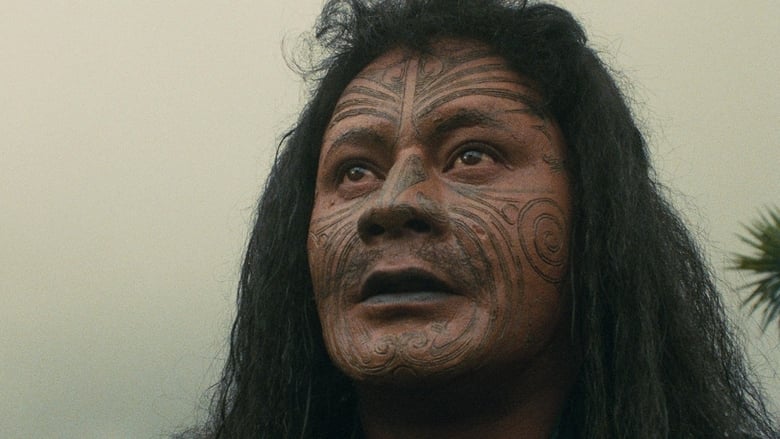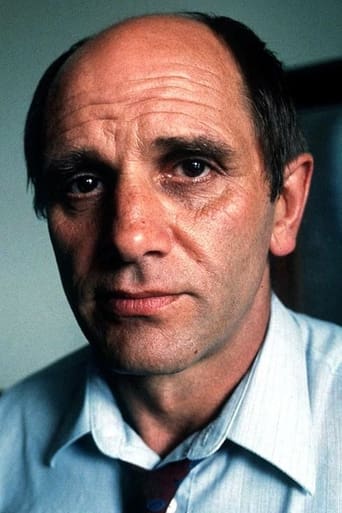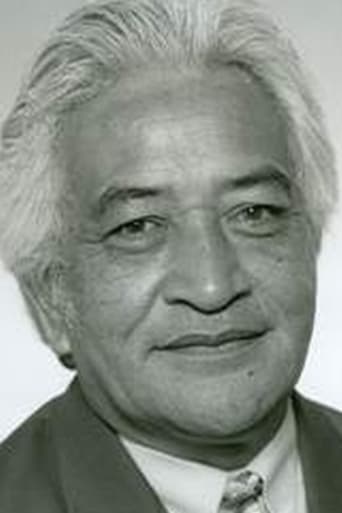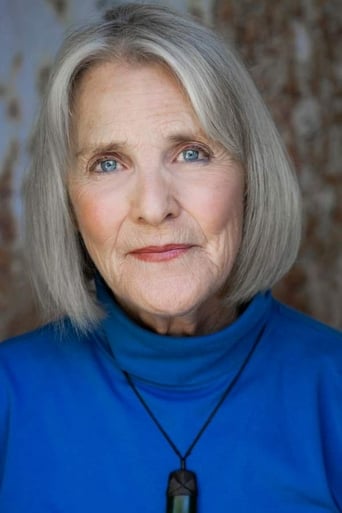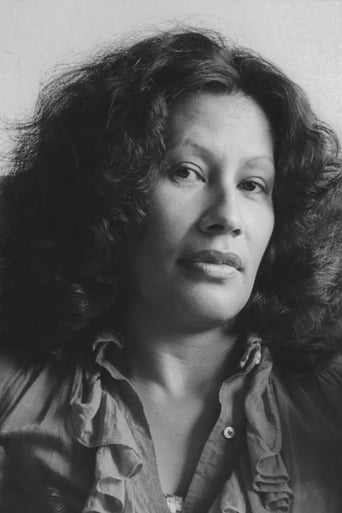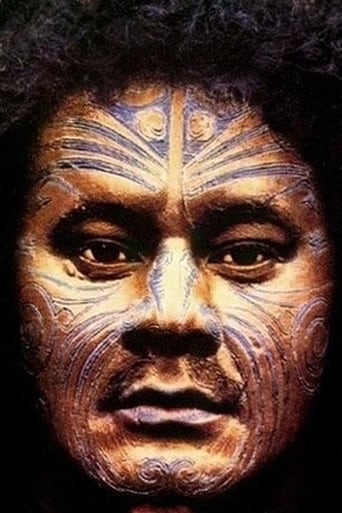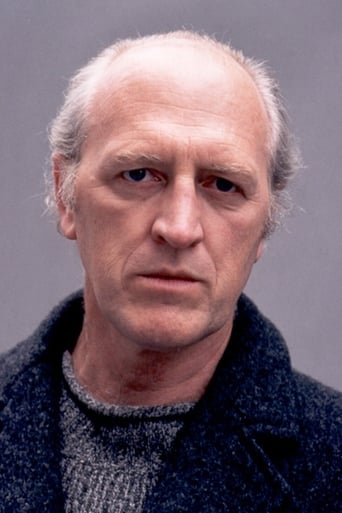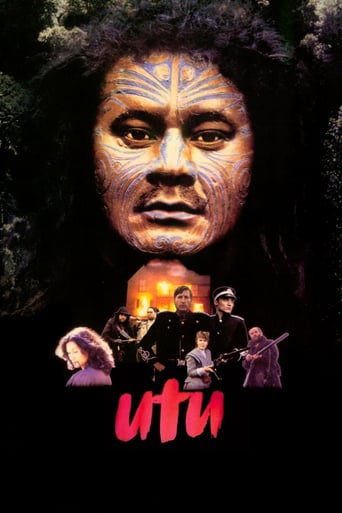
In New Zealand in the 1860s the native Maori people fought the British colonials to keep the land guaranteed to them by treaty. The warrior Te Wheke fights for the British until betrayal leads him to seek utu (revenge). The settler Williamson in turn seeks revenge after Te Wheke attacks his homestead. Meanwhile Wiremu, an officer for the British, seems to think that resistance is futile.
Similar titles
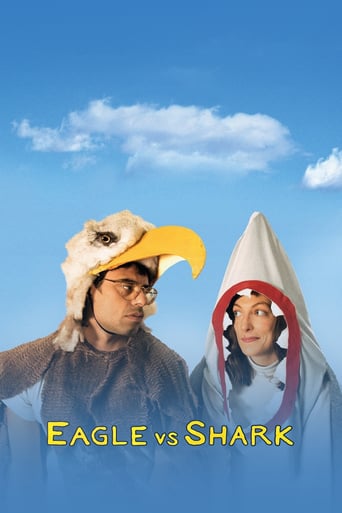
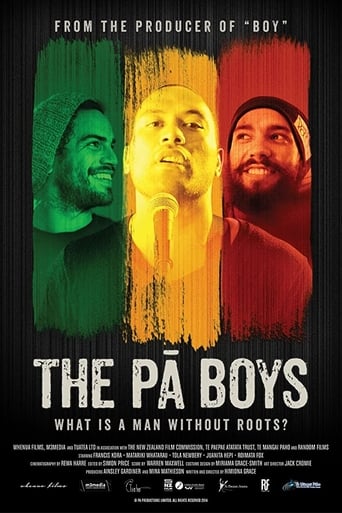
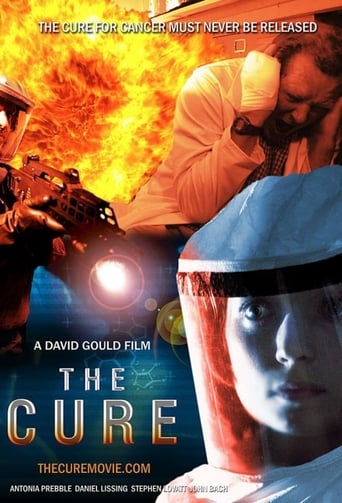
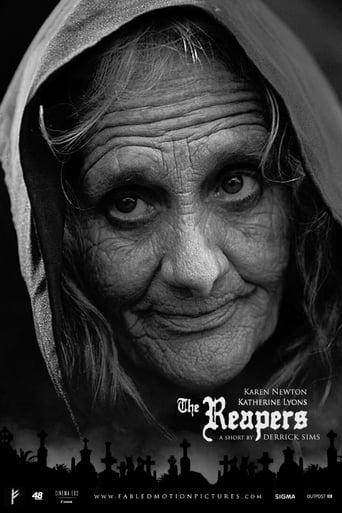
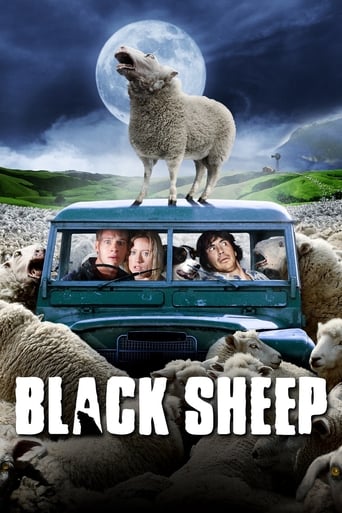
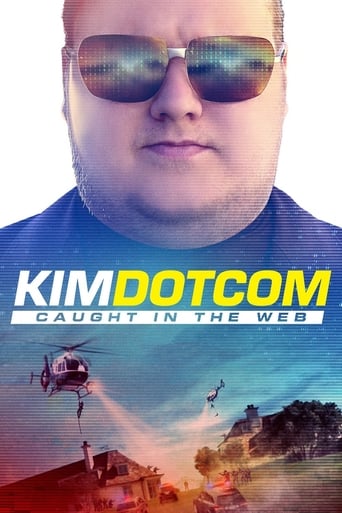
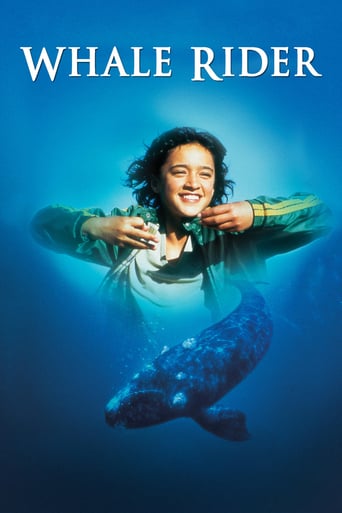
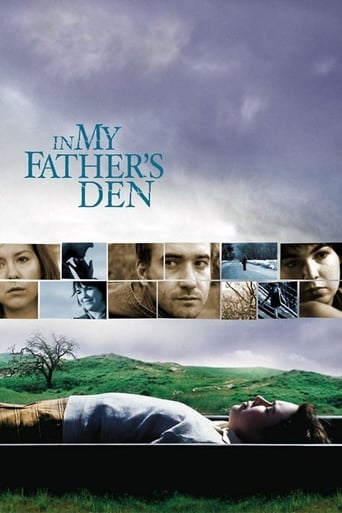
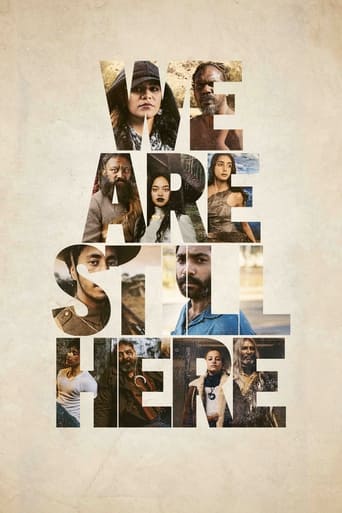

You May Also Like
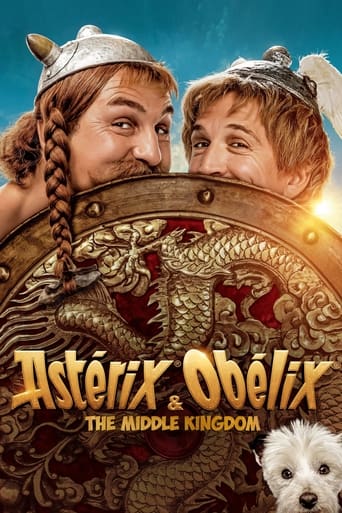
Reviews
Wonderful character development!
Such a frustrating disappointment
Highly Overrated But Still Good
It's funny watching the elements come together in this complicated scam. On one hand, the set-up isn't quite as complex as it seems, but there's an easy sense of fun in every exchange.
The picture begins in medias res, with some sort of tribal conflict going on among the Maoris. Some of them are evidently allied with the British. A lance corporal Maori named Te Weheke finds that a relative has been killed by the British, and for some reason swears eternal vengeance (or 'utu'). He has his face tattooed and leads his ragtag guerrilla army through the woods and brush. At no point is he likable.Even in the most brutal of American westerns, the Indians were given a shred of understanding. Not so with the Maoris here. They are just mean and impulsive savages with no motivation other than the joy of killing. One comes away from this film wondering why these monsters weren't simply wiped out, instead of being coddled and treated as pets. And what were they doing in the local constabulary, anyway? A bit more background to the Maori situation, and to the motivation of Te Weheke's suicidal campaign against the British and colonists, would have helped make this a clearer story.**IMDb deleted the original version of this review, essentially the same, and wrote:(This review was deleted by IMDb based on an abuse report filed by another user) from which we must assume that the troublemaker didn't bother to read the full review. We would appreciate information leading to the apprehension of this culprit.**
Utu is set during the Maori Wars of the 1850s and is the first contemporary film about this period in New Zealand history, although it definitely shows the influence of Rudall Hayward's earlier epics. It set out on the difficult task of keeping historical accuracy whilst incorporating modern day sensibilities. Murphy's basic message, that by working together the Maori and Pakeha will succeed in forming a better New Zealand, has obvious inferences to the modern day racial tension; the film being released around the time of the controversial Springbok tour of 1981, which had led to widespread violence. This message, however, is by no means clear cut, and throughout the film we are shown the situation from many differing perspectives, 'the film's shifts in sympathy, and refusal to identify with one group, could be seen as honestly reflecting the national uncertainty. ' There are definitely many points of view and racial origins to be taken into account, and the main characters come to symbolise either their race, or a particular group, both in the historical context, and the modern equivalent. So by examining these characters more closely it is possible to understand the different ideas that Utu evokes. The two most extreme characters on either side are Elliott, the British officer, and Te Wheke, who becomes the leader of the Maori fighting against the British led troops. There were many Maori groups who were heavily involved in the production of Utu , lending credibility to the Maori characters. Initially our sympathies lie with Te Wheke, when he discovers a village of his tribe has been killed, and the powerful scene where he compares the colour of his hand first to that of a dead Maori, and then to the hand of the white soldier he has been alongside. It is at this point where his transformation begins, and is followed by the tattoo scene, again it is very powerful, and along with his army's dress, strongly echoes the style of the Maori gangs of the 1980s. However Te Wheke does not keep the audience's sympathies for long as he becomes ultra violent, even ordering the deaths of some of his own followers, and by the time of his trial many characters are seeking 'utu' against him. Te Wheke is however not made to be a representative of the Maori; he is 'largely disowned by the race that produced him .' So, if Te Wheke is to blame on one side, it is clearly Elliott who shoulders the responsibility on the other. His extreme racism is reinforced throughout the film, from his condescending treatment of the Maori fighting on his side, to the continual, and it is assumed deliberate, mispronunciation of Te Wheke's name. Scott, on the other hand, the other main white character, himself a colonial, is, along with Wiremu, portrayed as an ideal New Zealander. Reid however takes a more cynical view of this, 'as Utu tells it, the increasingly easy-going Kiwi joker Scott, with his love for Kura, is free of any racist taint; while the pommie officer is a racist bastard. Which is very flattering for any Kiwi jokers watching the film. ' Whether this view of the British as opposed to the colonials is entirely accurate is questionable and the apparent desire not to attach anything negative to white New Zealanders isn't really in keeping with what might be expected, but is probably what the audience at home would have wanted. Wiremu is the character that is portrayed as the 'good' Maori, in stark contrast to his brother Te Wheke. If the main thrust of Utu is indeed to 'explore the subversive idea that Maori and Pakeha have more in common with one another than with the British ' then the character of Wiremu is a vital one. It is he who kills both Elliott and Te Wheke, the two most extreme characters, and he is well educated and willing to work alongside the British, seemingly for the good of the country as a whole. Disappointingly, we do not get much of an insight into his personality, and although his actions are memorable, such a complex character becomes, 'the most maddeningly under-developed character in the film. ' Utu was the first major New Zealand film of the 80s to tackle the issue of race, and whilst its setting is an historical one, its release came at a very difficult time for race relations in New Zealand. It has been criticised for being over complicated and not identifying more strongly with one point of view. Despite these negative comments, Utu is still very important in terms of how race is portrayed in New Zealand films, and, back in 1982, really brought the Maori into the consciences of movie-goers and filmmakers alike.
This movie might remind you of "Dances With Wolves." I enjoyed it, and thought it gave a good insight into Maori history and culture.Leonard Maltin gave it a less-than-appealing review while another book loved it. I rank it more in the middle and more towards the "other book" with the second half redeeming it.If you are into something different, try out this New Zealand western. I am a HUGE fan of kiwi actor Bruno Lawrence (Williamson in this film). I recommend it.*** out of ****
Utu is quite a good film. Having said that, it is quite possible that we have seen it before in other settings.Utu is unique in that it is one of the few films available in North America dealing with the Maori culture of New Zealand. Other than that, the film is basically an anti colonial sentimented film which could have taken place almost anywhere else in the world where colonialism was experienced.Utu still manages to pack a punch in the very earnest way the main character sets out to rid his country of the white invaders. Utu, meaning revenge, is the basic theme of this story. The colonial army in the film pillages Maori villages. The Maori corporal who quits the army to fight against it seeks revenge. The story is simple, yet compelling.The film examines imperialism in a light not uncommon to stories of this nature, but it is better in the sense that it does not try to gloss over the anger of the natives by arming them conveniently with western values. That is a crime many movies are guilty of. The level of violence in the film is typical by genre standards, and it actually lends itself to the films raw emotion. This one's worth a look.
Top Streaming Movies











